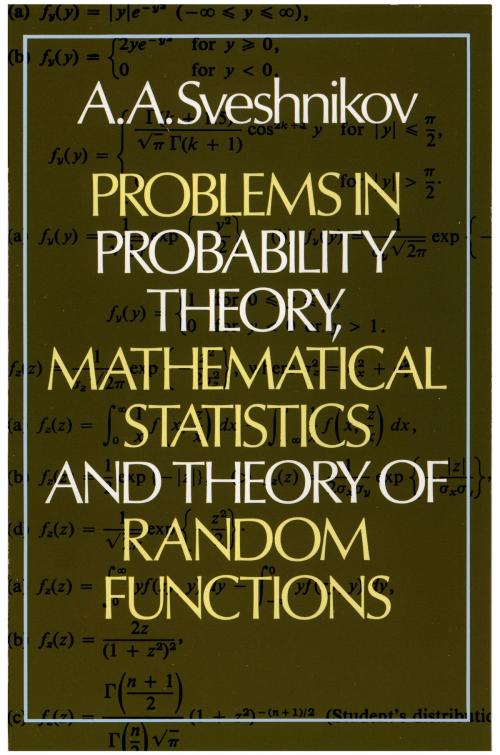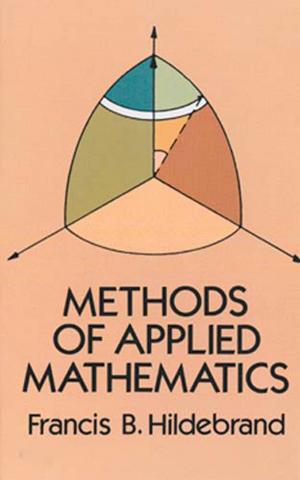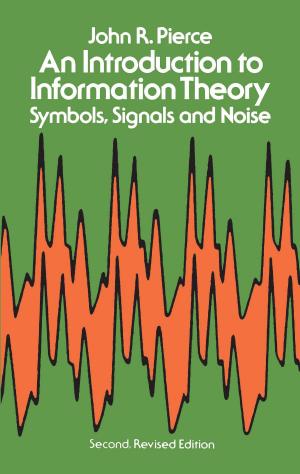Problems in Probability Theory, Mathematical Statistics and Theory of Random Functions
Nonfiction, Science & Nature, Mathematics, Statistics| Author: | A. A. Sveshnikov | ISBN: | 9780486137568 |
| Publisher: | Dover Publications | Publication: | April 30, 2012 |
| Imprint: | Dover Publications | Language: | English |
| Author: | A. A. Sveshnikov |
| ISBN: | 9780486137568 |
| Publisher: | Dover Publications |
| Publication: | April 30, 2012 |
| Imprint: | Dover Publications |
| Language: | English |
Problem solving is the main thrust of this excellent, well-organized workbook. Suitable for students at all levels in probability theory and statistics, the book presents over 1,000 problems and their solutions, illustrating fundamental theory and representative applications in the following fields: Random Events; Distribution Laws; Correlation Theory; Random Variables; Entropy & Information; Markov Processes; Systems of Random Variables; Limit Theorems; Data Processing; and more.
The coverage of topics is both broad and deep, ranging from the most elementary combinatorial problems through limit theorems and information theory. Each chapter introduction sets forth the basic formulas and a general outline of the theory necessary for the problems that follow. Next comes a group of sample problems and their solutions, worked out in detail, which serve as effective orientation for the exercises to come.
The emphasis on problem solving and the multitude of problems presented make this book, translated from the Russian, a valuable reference manual for scientists, engineers, and computer specialists, as well as a comprehensive workbook for undergraduates in these fields.
Problem solving is the main thrust of this excellent, well-organized workbook. Suitable for students at all levels in probability theory and statistics, the book presents over 1,000 problems and their solutions, illustrating fundamental theory and representative applications in the following fields: Random Events; Distribution Laws; Correlation Theory; Random Variables; Entropy & Information; Markov Processes; Systems of Random Variables; Limit Theorems; Data Processing; and more.
The coverage of topics is both broad and deep, ranging from the most elementary combinatorial problems through limit theorems and information theory. Each chapter introduction sets forth the basic formulas and a general outline of the theory necessary for the problems that follow. Next comes a group of sample problems and their solutions, worked out in detail, which serve as effective orientation for the exercises to come.
The emphasis on problem solving and the multitude of problems presented make this book, translated from the Russian, a valuable reference manual for scientists, engineers, and computer specialists, as well as a comprehensive workbook for undergraduates in these fields.















